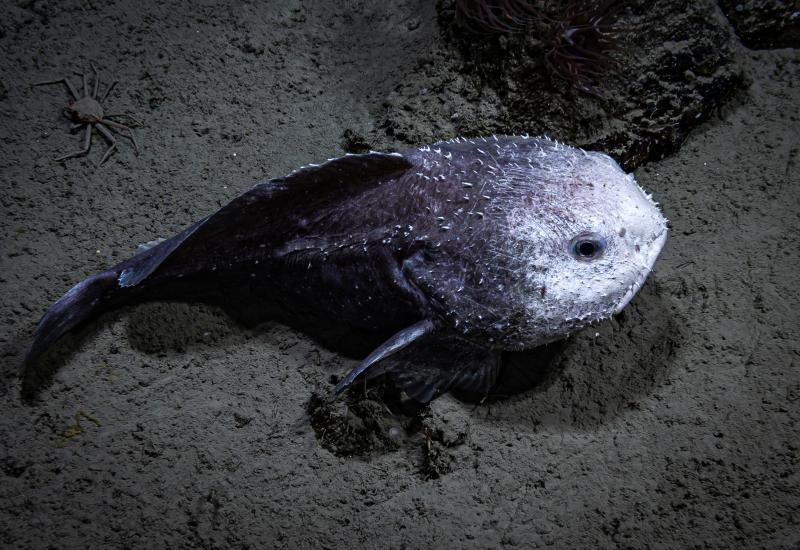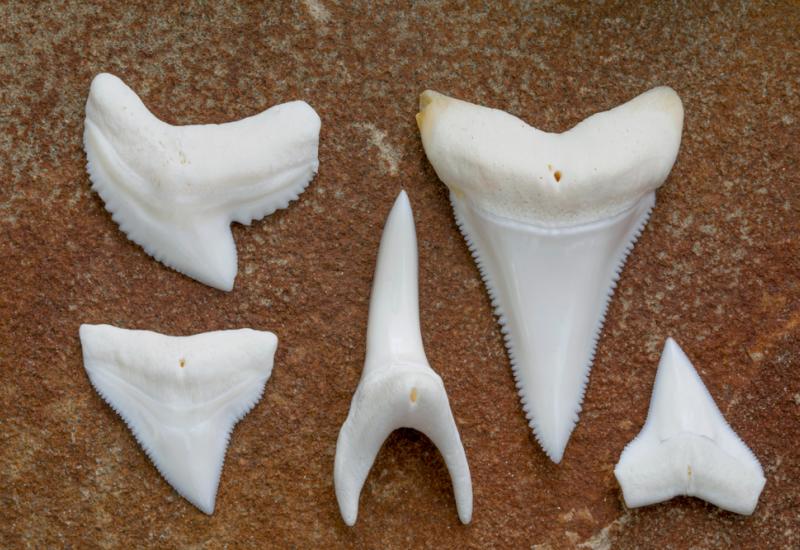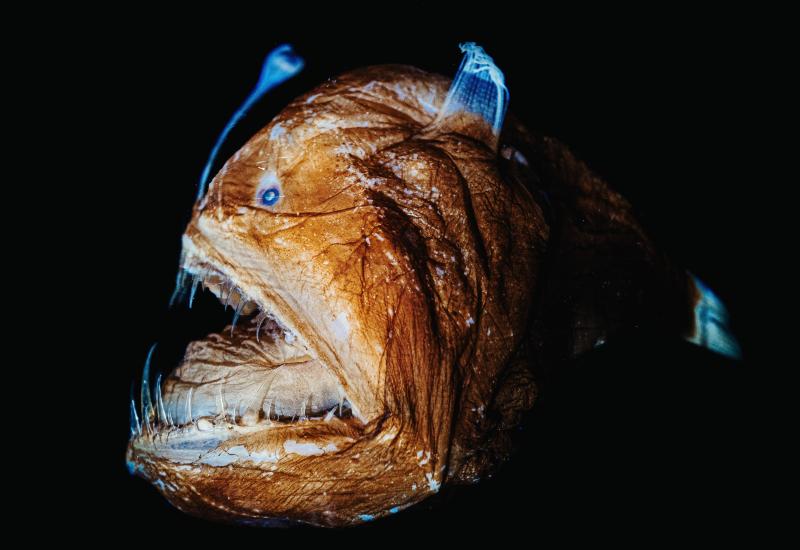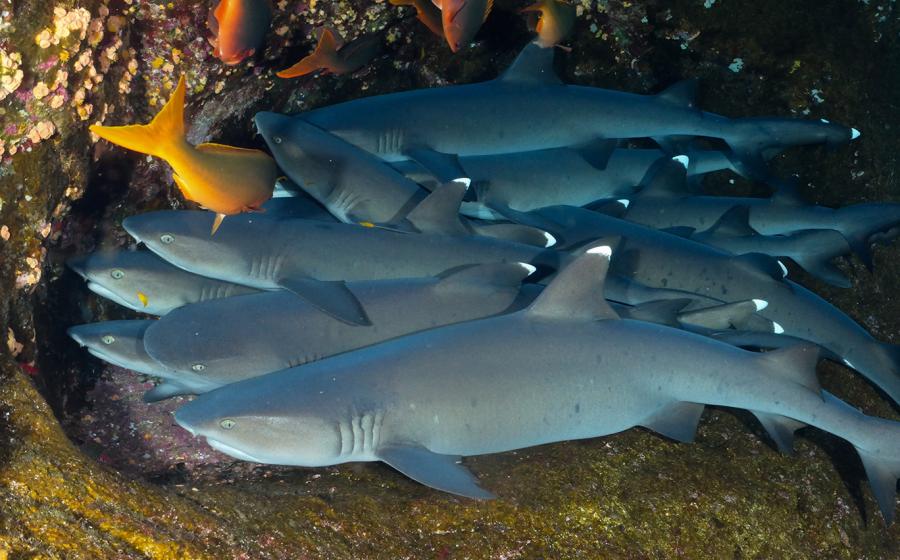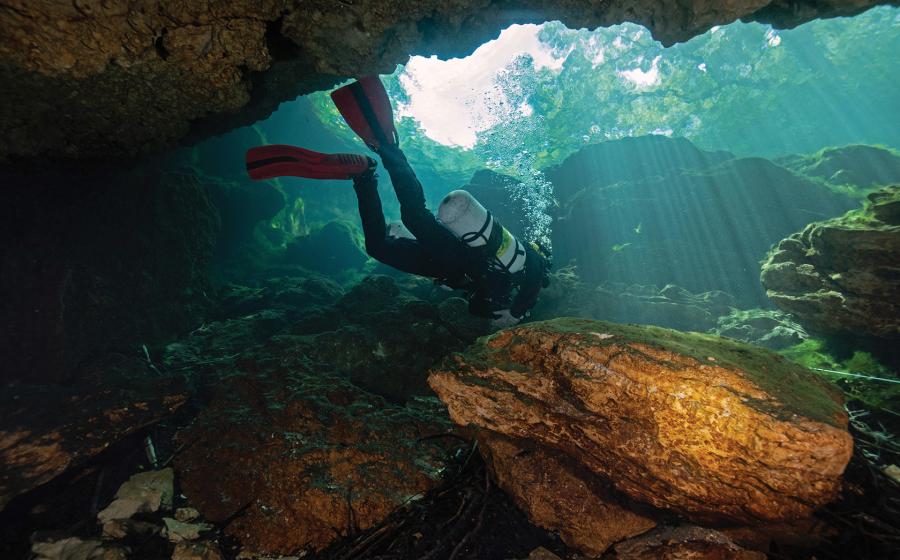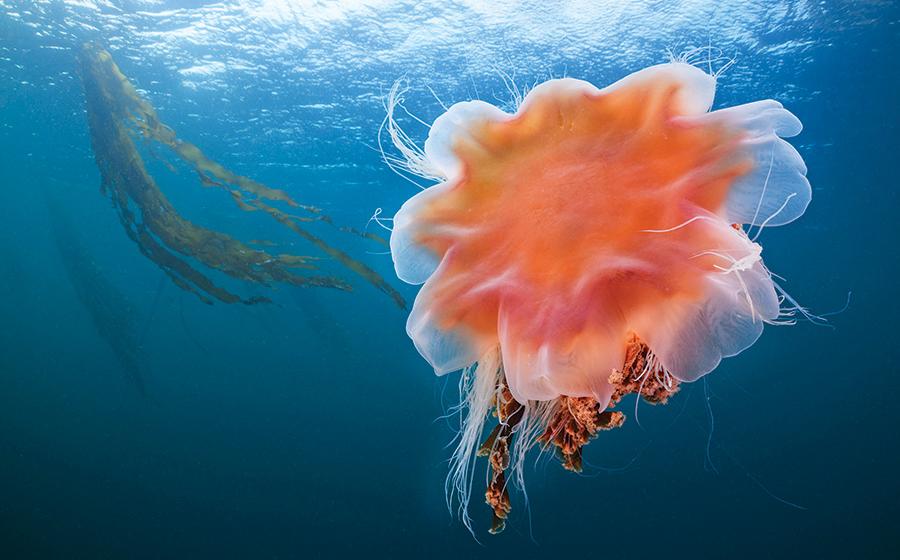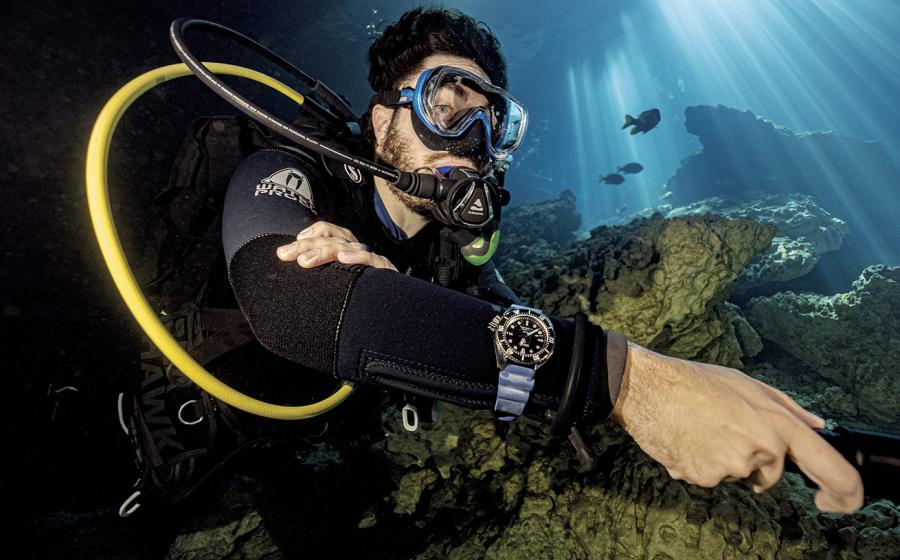Do Sharks Sleep? The Surprising Truth About Shark Rest Patterns
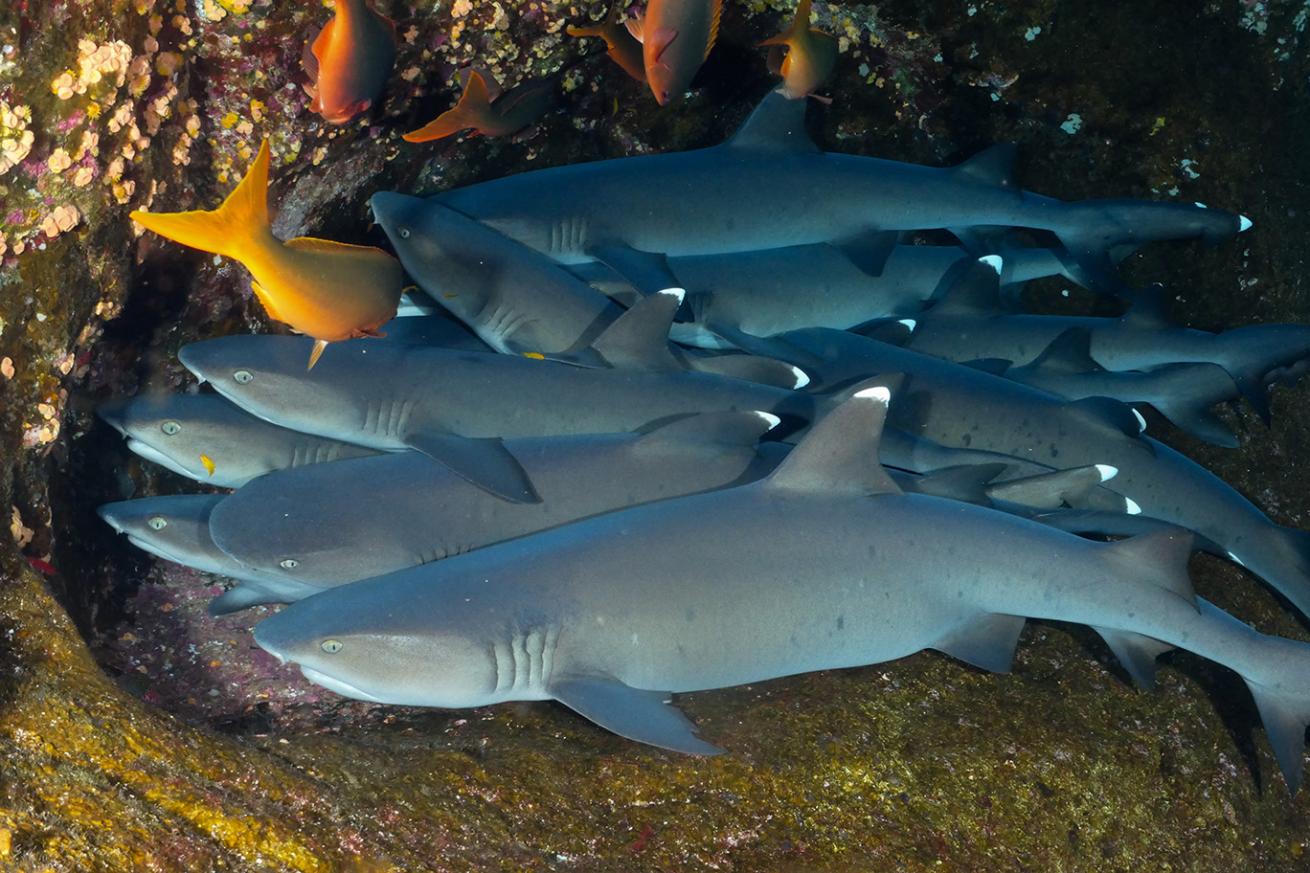
Shutterstock.com/ISISROCHA
Question: I’ve heard that sharks must constantly keep swimming. If that’s true, how do they sleep (if they do)?
Answer: Many (but not all) sharks do need to keep swimming their whole lives to breathe, and this does in fact have implications for how sharks sleep! I spoke to an expert in the biology of sleep to learn more.
First, it’s true that many—though not all—shark species have to keep swimming their whole lives to breathe, forcing water over their gills so they can extract oxygen. Some, however, can rest on the bottom and pump water over their gills using their cheek muscles—watch this video to learn more— also known as “buccal pumping.” But what does that mean for sharks’ ability to sleep?
Before we get into that, what is sleep? “Sleep is both a behavioral and physiological state that appears to be ubiquitous across the animal kingdom,” says Dr. Michael Kelly of Australia’s Commonwealth Scientific and Industrial Research Organization (CSIRO). “Without getting too technical, sleep appears to be internally regulated and as essential as eating and breathing. Indeed, chronic sleep deprivation has been known to cause death in some animals. It serves many functions, including brain maturation and immune system maintenance.”
So, do sharks sleep? The evidence for this is new—we didn’t know the answer when I got my Ph.D. not that long ago! “Until about 2022, we didn’t definitively know if sharks engage in sleep, although we assumed it was likely based on how common and important sleep is for other animals,” Dr. Kelly says. “We now know that at least two species of sharks engage in behavioral sleep, with one of those also meeting some of the physiological criteria for sleep. Both species are buccal pumping species. And lots of other species behave in a manner that suggests sleep is likely. “
So species that use buccal pumping—those that can rest on the bottom and force water over their gills—can sleep. But what about the species that need to keep swimming to breathe? “Some very smart people already cracked this case when investigating sleep in continuously-swimming marine mammals,” Dr. Kelly tells me. “The key here was looking at brain activity, which led to the discovery of ‘unihemispheric sleep’—one half of the brain sleeps while the other is awake—and revolutionized our understanding of consciousness! It is possible, therefore, that sharks are sleeping unihemispherically. It is also possible that sharks sleep when engaging in passive, downward vertical movement through the water, or that they sleep by facing into currents. Confirming this will require looking at their brain activity.”
There you have it: At least some sharks can sleep, and others probably can but we don’t yet know!
Ask a Marine Biologist is a monthly column where Dr. David Shiffman answers your questions about the underwater world. Topics are chosen from reader-submitted queries as well as data from common internet searches. If you have a question you’d like answered in a future Ask a Marine Biologist column, or if you have a question about the answer given in this column, email Shiffman at [email protected] with subject line “Ask a Marine Biologist.”

*Dr. David Shiffman is a marine conservation biologist specializing in the ecology and conservation of sharks. An award-winning public science educator, David has spoken to thousands of people around the world about marine biology and conservation and has bylines with the Washington Post, Scientific American, New Scientist, Gizmodo and more. Follow him on @WhySharksMatter on Twitter, Facebook and Instagram, where he’s always happy to answer any questions about sharks.
The views expressed in this article are those of David Shiffman, and not necessarily the views Scuba Diving magazine.*

